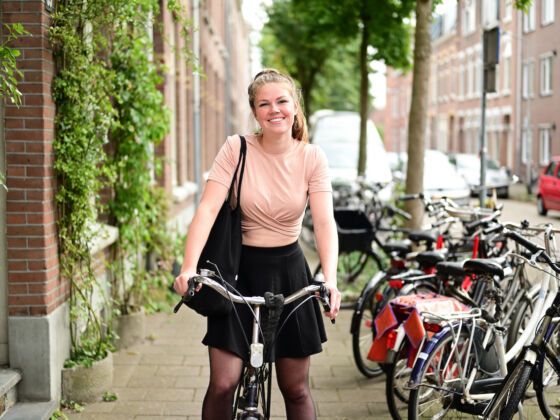Earlier this week, I received a copy of the alumni magazine from my undergrad alma mater, Emory University.
Believe it or not, it’s always an interesting read, and it’s often packed with inspiring stories. This issue included a handful of articles about some programs that students and staff have implemented to expand environmental awareness on campus and in the Atlanta community while reducing the university’s carbon footprint.
These projects seemed pretty adaptable, and set me to thinking about how they could be replicated on other campuses. Here are five ways you can help your college go green if you’re a student. Tomorrow, I’ll offer five ways you can help your college go green if you’re an alum.
